Farming Palestine for Freedom

For Palestinians, agriculture is more than a source of income or an economic category in budgets and plans. It is tied to the people’s history, identity, and self-expression, and drives the struggle against Israel’s Separation Wall. In this brief, Lebanese activist, author, and agronomist Rami Zurayk joins Al-Shabaka Policy Advisors Samer Abdelnour and Alaa Tartir to tackle the almost spiritual significance of the land to the Palestinians and the deliberate Israeli efforts to break the link between farmers and their crops. Click below for the full brief or read the executive summary.
Refugees: Israeli Apartheid’s Unseen Dimension
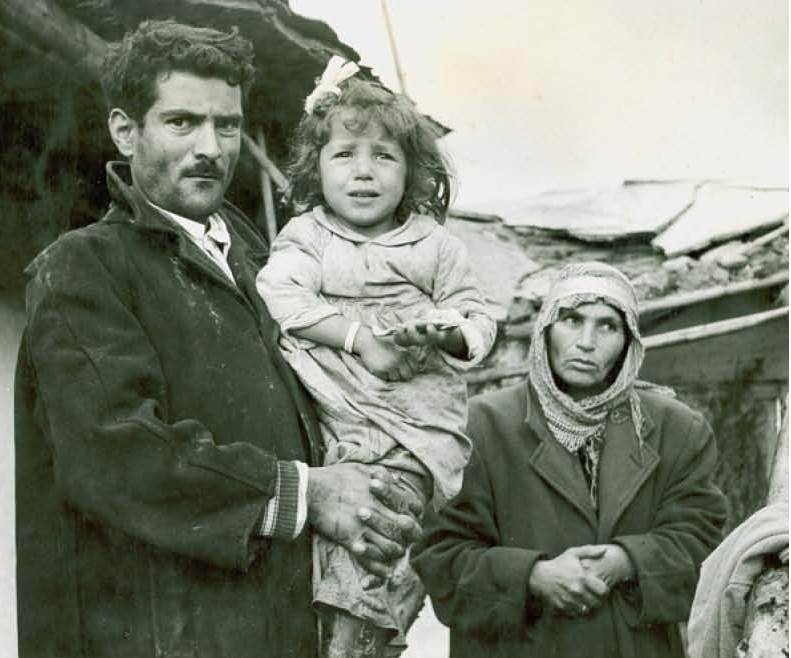
Do Israeli policies and practices toward Palestinian refugees constitute apartheid? Al-Shabaka Policy Member Hazem Jamjoum argues not only that it does, but that it is the cornerstone of what constitutes a system of apartheid.
Democratizing the PLO: Five Questions
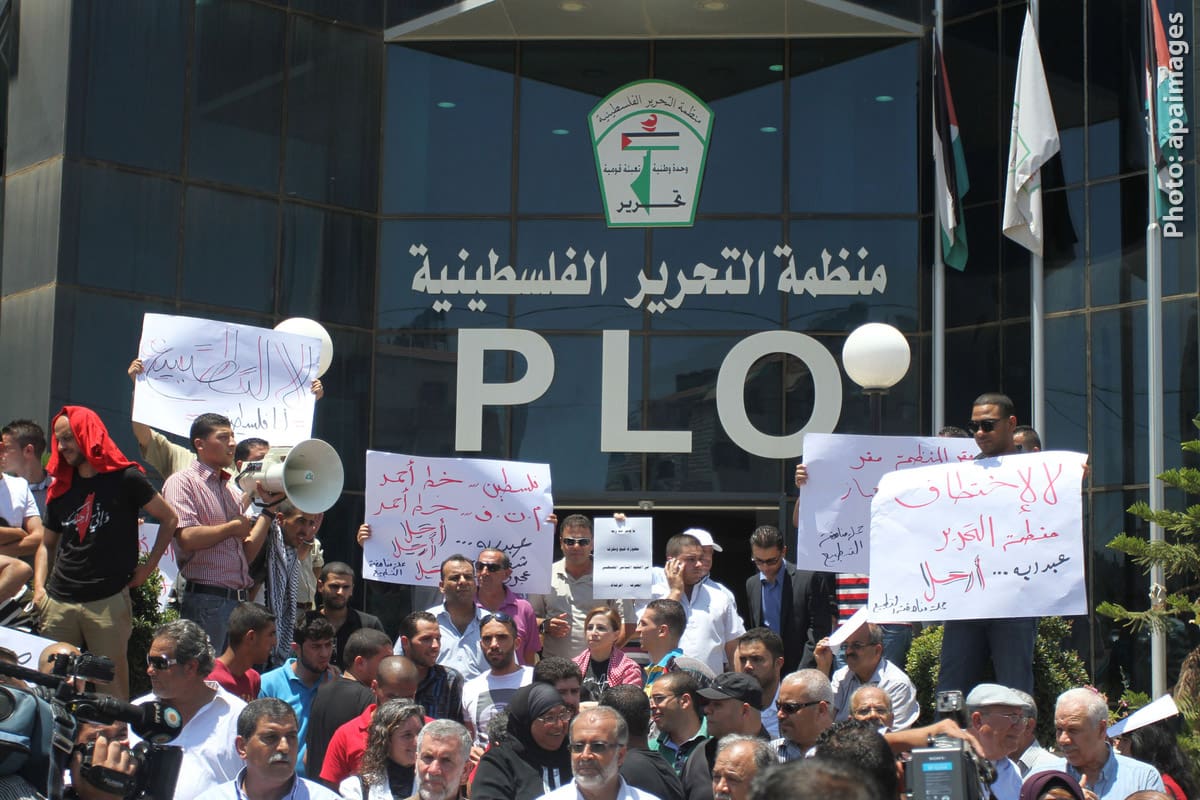
There are lively, ongoing discussions amongst Palestinians about democratic representation to which Al-Shabaka policy advisors continue to contribute. In his commentary on democratizing the PLO Toufic Haddad poses some questions arising out of the present political scene and the implications for democratic elections.
When Exiled Communities Act

Oraib al-Rantawi‘s commentary draws on his recent visit to the Palestinian community in Germany to discuss the PNC Registration Campaign, a civic drive to register Palestinians using a secure online mechanism so they can vote in direct elections for the Palestine National Council.
The Gas Fields off Gaza: A Gift or a Curse?
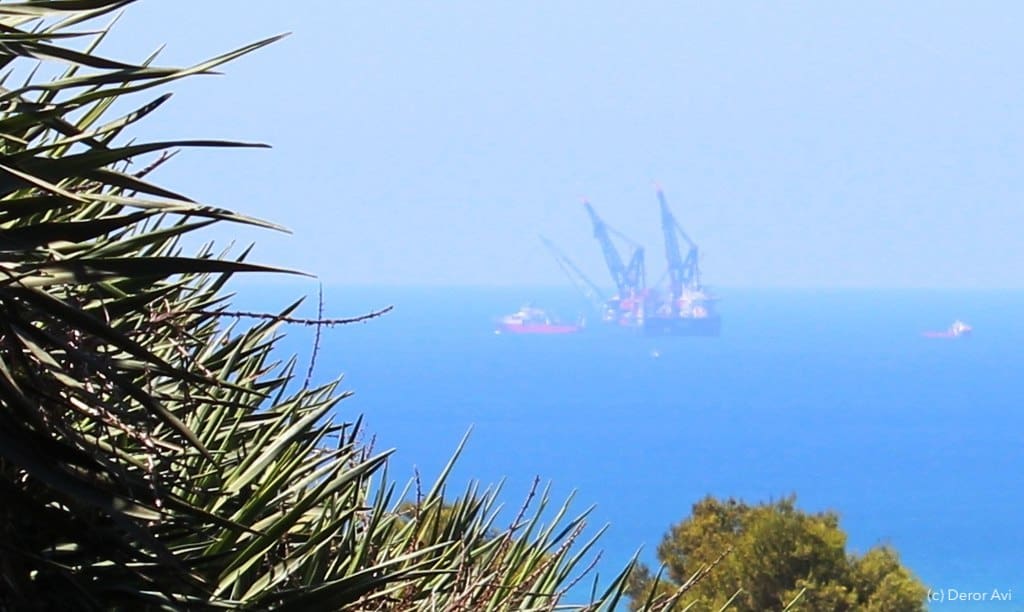
The Egyptian-Israeli gas deal has come unstuck, partly due to the artificially low price Israel was paying for it. Will this help the Palestinians, whose gas fields off the coast of Gaza remain undeveloped and hostage to Israeli demands to be sold at ludicrously low prices?
Debating Palestine: Representation, Resistance, and Liberation
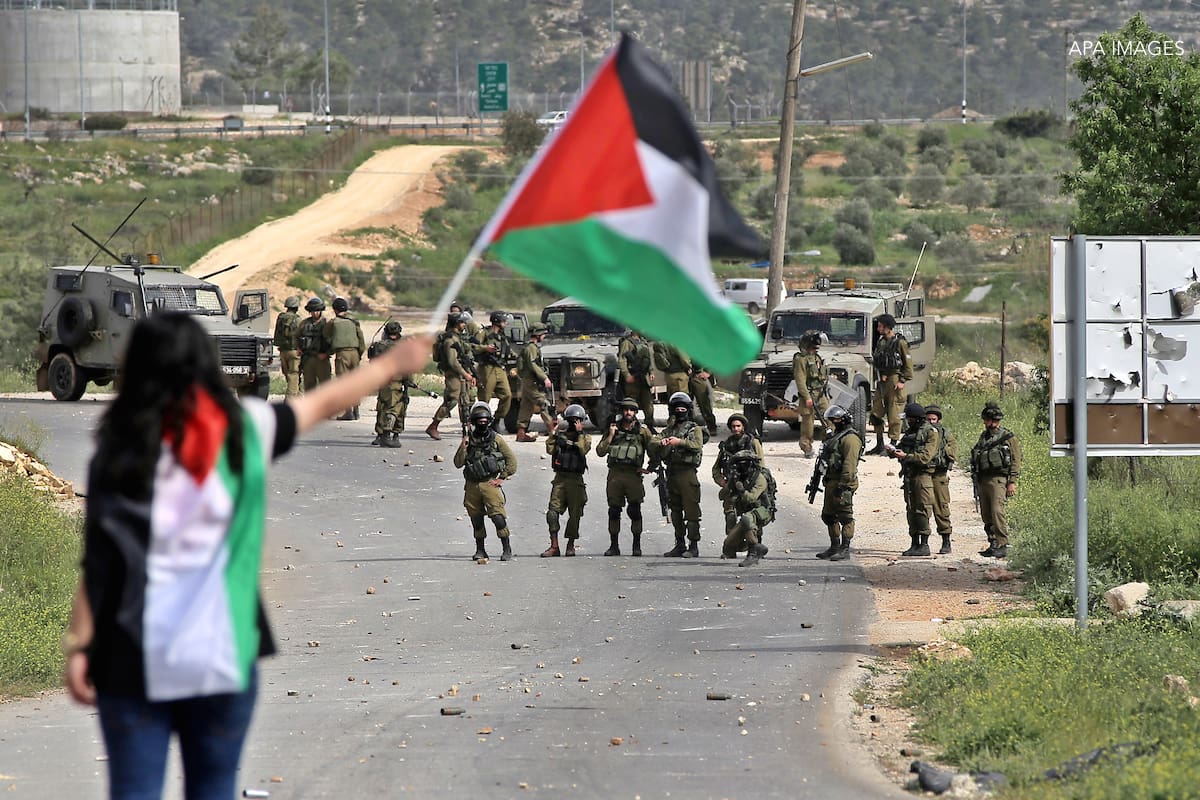
Palestinian communities the world over are grappling with the questions of who really speaks in their name and how to craft strategies for resistance and liberation. In this thoughtful essay, Al-Shabaka Policy Advisor Rabab Abdulhadi draws on the history of the Palestinian national movement as well as her own experience as a scholar-activist to provide some answers. She also asks provocative new questions – such as what does it mean to be a Palestinian today and where does that leave Palestinian Arab Jews and Jews that do not identify with Israel’s settler colonialism, and what kind of relations Palestinians should develop with the Arab movements for freedom.
Looking for a Leadership with a Strategy
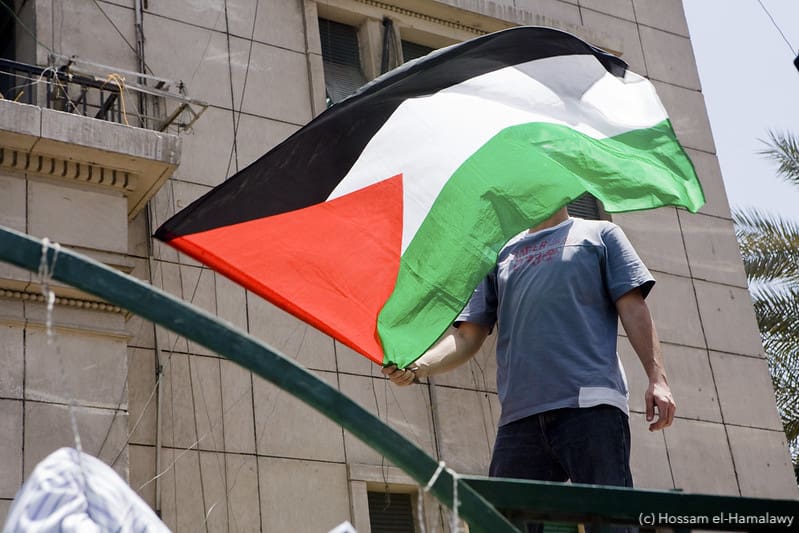
In this Roundtable, Al-Shabaka Policy Advisors Haidar Eid and Samah Sabawi as well as guest contributor Loubna Qutami discuss Noura Erakat’s policy brief Beyond Sterile Negotiations: Looking for a Leadership with a Strategy. They critique issues relating to the Boycott National Committee (BNC), the questions of representation and self-determination, the colonial condition, and the future of the struggle. In her response, Erakat expresses her concern over the fragmentation of the Palestinian national body and the failure to articulate a political vision for a solution. She argues that Palestinians should adopt a one-state solution as a political vision that aims for the equality of all persons irrespective of nationality, ethnicity, religion, or race.
Trapped by Denial of Rights, Illusion of Statehood: The Case of the Palestinian Refugees in Lebanon
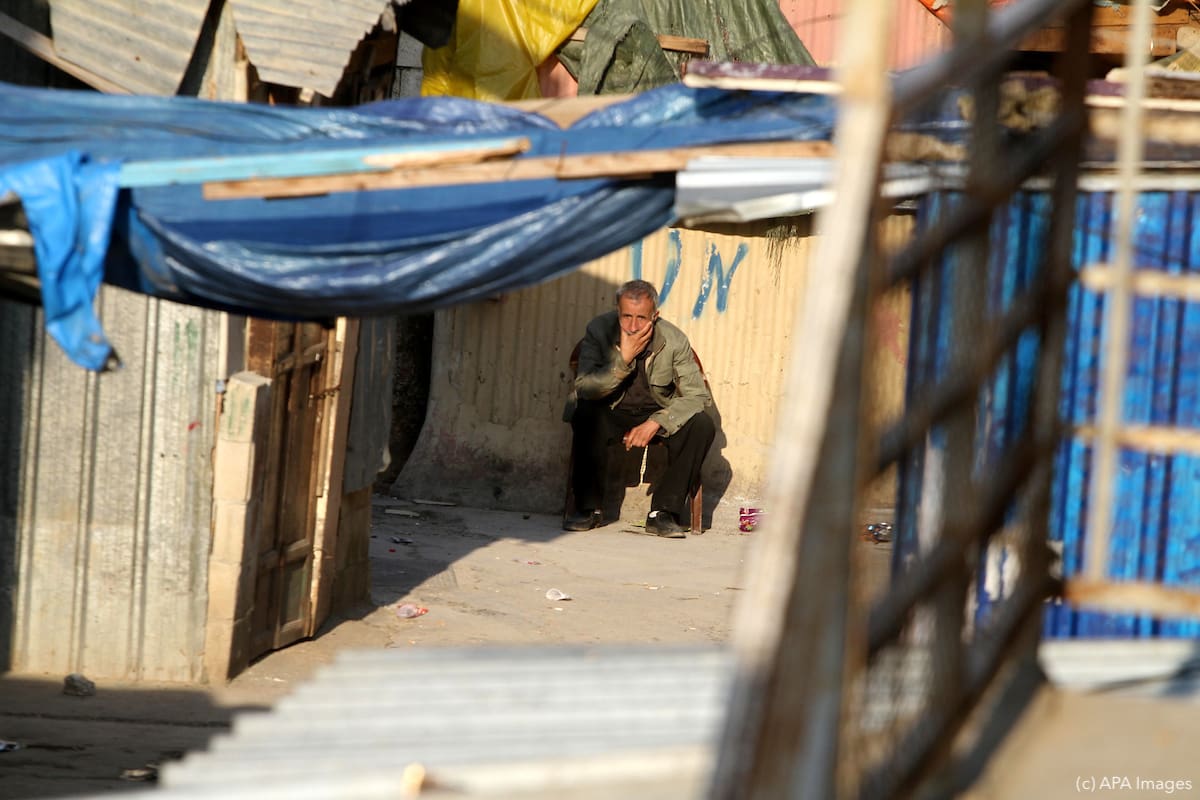
The bid by the Palestine Liberation Organization (PLO) / Palestinian Authority (PA) to join the United Nations as a member state has complicated the already precarious status of Palestinian refugees in Lebanon. In this policy brief, Jaber Suleiman addresses the way in which Palestinian refugees are facing the double-edged challenge of denial of their rights and the illusion of statehood. He also discusses responses by the Palestinian community in Lebanon and in particular by civil society.
Keeping an Eye on UNRWA
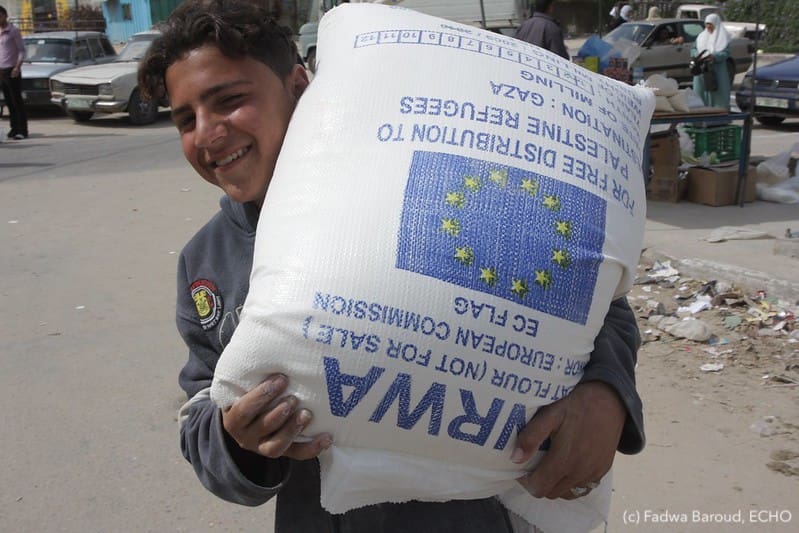
Israel recently launched a spate of attacks on UNRWA, the UN Agency serving Palestinian refugees, which could herald another attempt to shut the Agency down. Is UNRWA perpetuating Palestine’s conflict with Israel, as its Israeli critics allege, or does it provide essential relief and work for millions of Palestinian refugees who were displaced from their homes in 1948? Does UNRWA act as a catalyst to absorb the refugees in the Arab world and to contain their political struggle as its Palestinian critics allege, or does it keep their cause alive and visible on the international scene as its Israeli and Western critics allege? In this policy brief, Al-Shabaka Policy Advisor Randa Farah responds to UNRWA’s critics, while also casting a critical eye at the Agency. In doing so, she reminds us of the different reasons why the Agency was founded in the first place.






